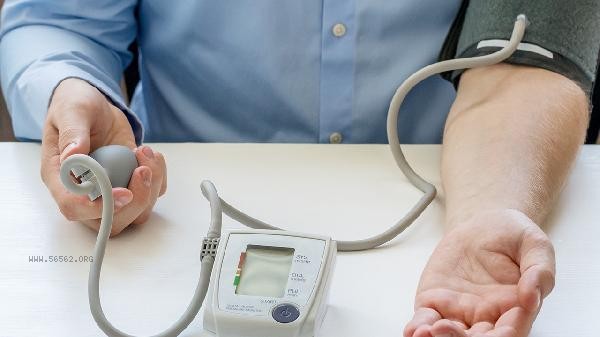Pituitary dysfunction may lead to hypotension, caused by pituitary injury, tumor compression, or autoimmune diseases. Treatment methods include hormone replacement therapy, surgical intervention, and lifestyle adjustments.

1. The etiology of pituitary dysfunction
Pituitary dysfunction may be related to multiple factors. In genetic factors, certain gene mutations may lead to abnormal development or dysfunction of the pituitary gland. environmental factors such as long-term exposure to radiation or chemical toxins may damage pituitary tissue. Among physiological factors, women may experience temporary pituitary dysfunction during pregnancy or lactation. Trauma such as head impact or surgical injury may also affect pituitary function. Pathological factors include pituitary tumor, autoimmune disease or infectious diseases, which may directly or indirectly lead to pituitary dysfunction.
2. The relationship between pituitary dysfunction and hypotension
Pituitary dysfunction can affect the secretion of various hormones, including adrenocorticotropic hormone ACTH and antidiuretic hormone ADH. Insufficient secretion of ACTH can lead to adrenal cortex dysfunction, which in turn reduces the production of aldosterone and cortisol, causing hypotension. Insufficient secretion of ADH may lead to increased urine output and decreased blood volume, further exacerbating symptoms of hypotension.

3. Treatment Methods
Hormone replacement therapy is the main treatment method for pituitary dysfunction. For example, using hydrocortisone instead of cortisol and using desmopressin instead of ADH. Surgical treatment is suitable for functional decline caused by compression of pituitary tumors or cysts. Common surgical methods include transnasal transsphenoidal surgery and craniotomy. Lifestyle adjustments are also important. It is recommended that patients maintain a regular daily routine, avoid overexertion, and increase salt intake appropriately to maintain stable blood pressure.
4. Dietary and Exercise Suggestions
In terms of diet, it is recommended to increase foods rich in protein and vitamins, such as eggs, fish, and green leafy vegetables, and avoid high sugar and high-fat diets. In terms of exercise, choose low-intensity aerobic exercise such as walking, yoga, or swimming to avoid blood pressure fluctuations caused by intense exercise. Hypotension caused by pituitary dysfunction requires comprehensive treatment, including hormone replacement, surgical intervention, and lifestyle adjustments. Early diagnosis and treatment are key, and patients should regularly check their hormone levels and follow adjusted treatment plans to maintain normal physiological function and quality of life.










Comments (0)
Leave a Comment
No comments yet
Be the first to share your thoughts!